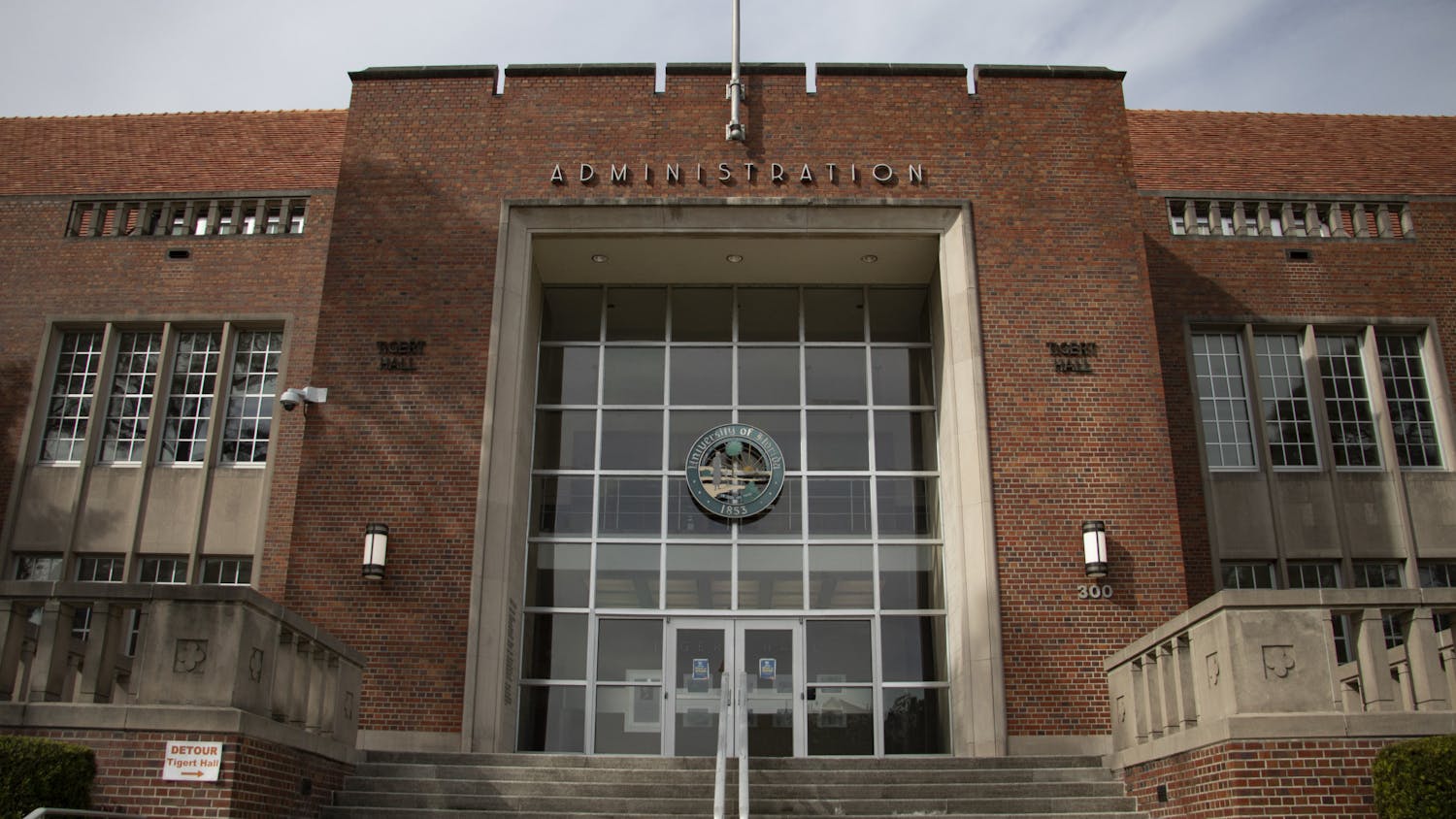The University Fee Committee decided unanimously Friday to recommend the UF Board of Trustees raise overall undergraduate tuition costs by $5.79 a credit hour, starting August.
The decision comes almost a week after Gov. Charlie Crist signed legislation allowing Florida universities a one-time opportunity to raise student fees more than usual.
On Tuesday, the committee accepted three new fees totaling in $2.80, on top of the usual $1.15, or five percent, fee hike allowed to state universities each year.
The allocation of a potential $1.84 fee was put off until Friday. This fourth new fee was initially proposed to be used to fund 40 percent of the graduate student health care program, GatorGradCare.
Student Body President Ashton Charles said it made her uneasy to have undergraduates pay for health coverage they would not receive.
"It's a bad precedent to set," she said. "[The money] could be tailored to services all the students could use."
Though the committee acknowledged GatorGradCare is important for attracting good graduate students to UF, members agreed it is not fair to burden undergraduates with fees they would not directly benefit from.
The committee decided the additional $1.84 fee should be adopted and split up to be used for all students' interests.
It will recommend that $1.20 go towards student activities and services, and the remaining 64 cents be spent on the university's health department.
Organizations and groups on campus who want funding will have the chance to make their arguments to student government in the coming months.
Committee members said that raising fees by $5.79 a credit hour is necessary for UF to remain a credible academic institution. Currently, UF's tuition rates are below average for the state. To ignore this one-time chance to raise student fees would put UF at a disadvantage to other schools in the state, committee members said.
T.J. Villamil, UF undergraduate student and committee chairman, said the money is badly needed all around campus.
"Every year when this fee committee meets they're ... nickel and diming, they're strained," he said. "It's a shame as the flagship university of this state to be so behind. It was a landmark [decision] because it was a one-time thing."
Editor's Note: This version corrects the recommended remaining amount of cents be spent on the university's health department.





